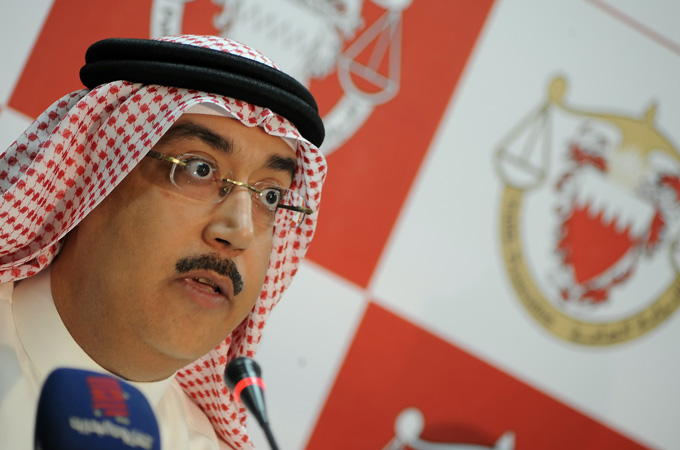By Ben Kopp
Impunity Watch Reporter, Europe
BRUSSELS, European Union – Over 1000 migrants were rescued this week in the Mediterranean region. The European Union has called for countries to continue saving migrants traveling dangerous routes, amidst calls to restrict benefits for EU citizens migrating within the bloc.
On 2 January 2014, Italian naval authorities rescued 233 migrants who were first noticed New Year’s Day, about 80 miles south of Lampedusa. The boat measured only 33 feet (10 meters) long, and all of the migrants were without life jackets.
On 3 January 2014, an additional 823 migrants in four overcrowded boats were rescued in an operation separate from the 2 January events. Those migrants primarily came from Egypt, Tunisia, Iraq, and Pakistan.
Smugglers often use unseaworthy boats packed beyond safe capacities. Frontex, the European Union border agency noted that tens of thousands of people are rescued from the Mediterranean annually. European authorities estimate that, during January to September 2013 alone, roughly 31,000 migrants entered the EU illegally by crossing the Mediterranean.
In a statement released by the Italian navy, the rough seas and the boat’s “precarious state of buoyancy” were the deciding factors in transferring the migrants to the San Marco navy ship. The migrants will be transferred to the port of Augusta, which is located on the island of Sicily. Many migrants came from Eritrea, Nigeria, Somalia, Pakistan, Zambia, and Mali.
Refugees seeking asylum in European Union countries frequently travel toward Lampedusa because it is the closest Italian island to Africa. In recent years, many have come from African nations and Syria. In October, 366 migrants from Africa died when a ship to Lampedusa sank just off-shore; within days, another boat capsized, killing the 34 people on board.
For twenty years, most migrants have entered the European Union through Italy, Greece, and Malta, a Mediterranean island.
While Italian authorities rescued migrants spotted around New Year’s Day, the Greek Coast Guard rescued 85 migrants, including 20 women and 15 children, a few miles southwest of Astypalaia, an island in the Aegean Sea. After offerings of food and water, the Coast Guard safely transferred the migrants to Astypalaia, and towed their sailboat to another island.
The Ministry of Mercantile Marine, in cooperation with Greek police, plan to transfer the migrants to a larger island for medical examination and any necessary treatments, as Astypalaia has only one doctor to assess all rescued migrants, in addition to the island’s residents.
Dangerous methods of migrating to the EU have created a call for greater discussions about the issue, amidst calls from Germany to prevent internal migration from encouraging “benefit tourism.”
In addressing both internal and external migration, the EU must ensure that its work to prevent abuse of freedom to one group does not abuse the rights of others.
For further information, please see:
New York Times – Italy: More Migrants Rescued at Sea – January 3, 2014
Reuters – Italian Navy Rescues over 1000 Migrants from Boats in 24 Hours – January 3, 2014
BBC News – Migrants Spark German Coalition Rift Amid Welfare Angst – January 2, 2014
CNN International – Italian Navy Rescues 233 Migrants from Mediterranean Boat – January 2, 2014
Greek Reporter – 85 Illegal Immigrants Found in the Aegean Sea – January 2, 2014

